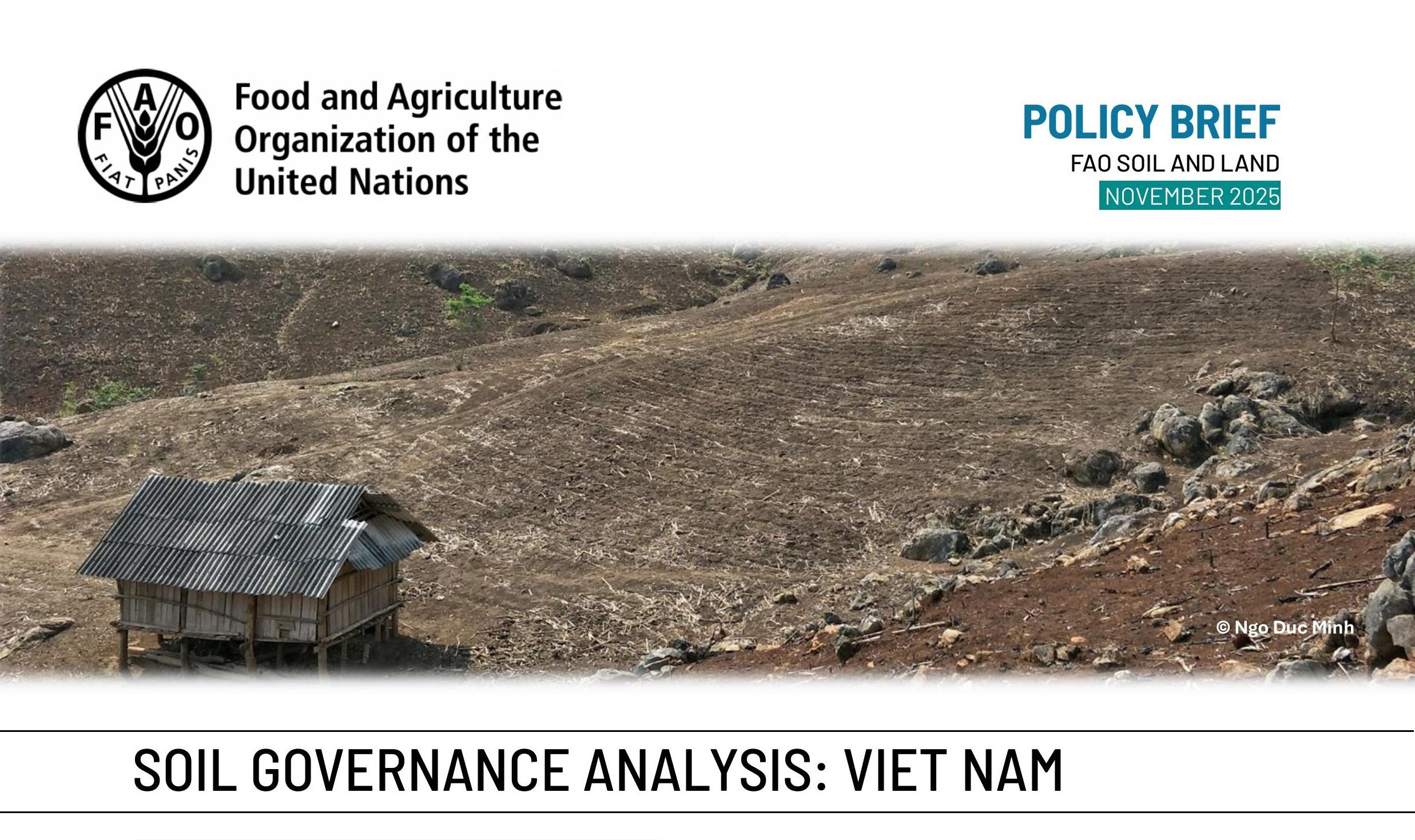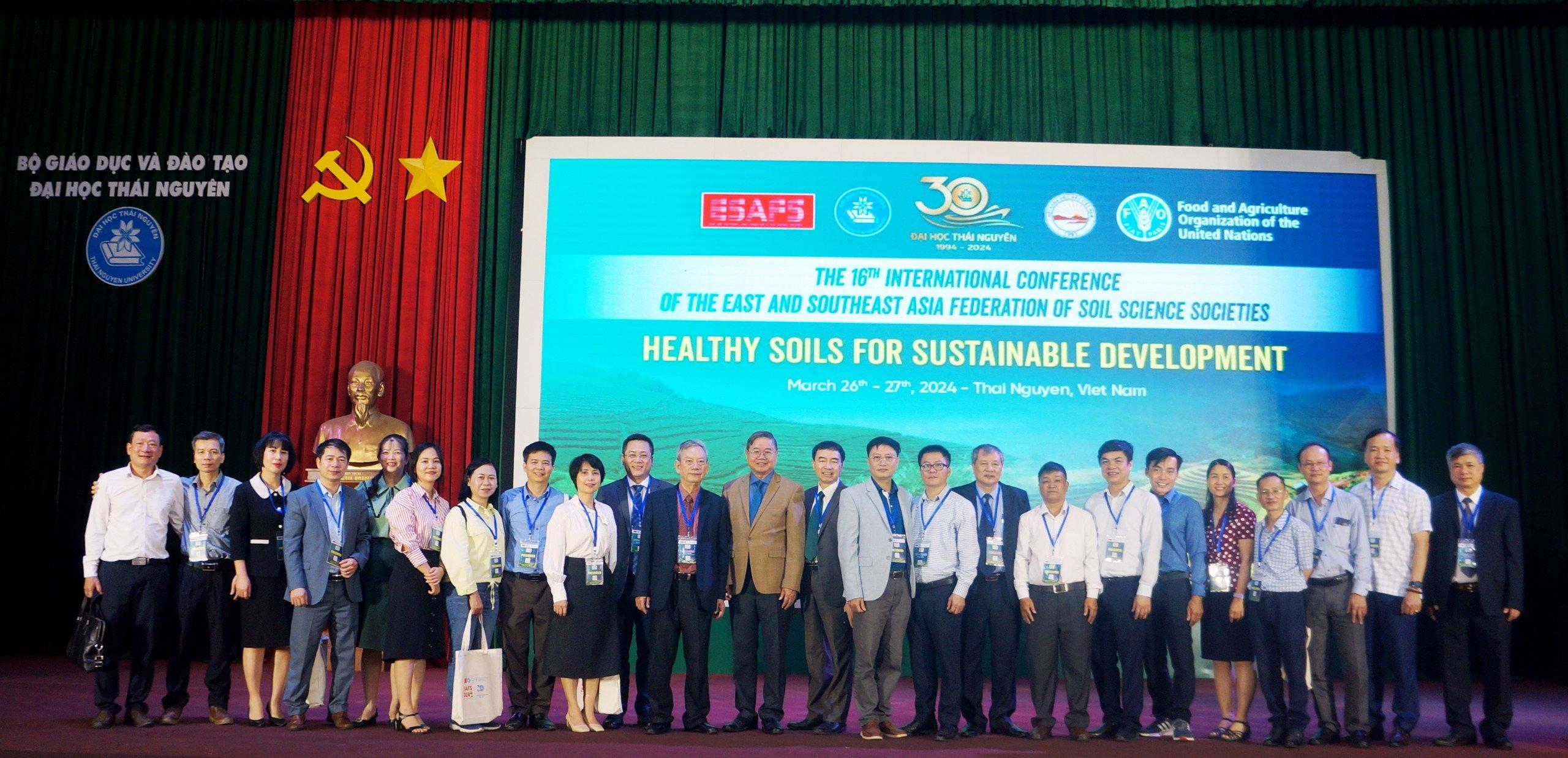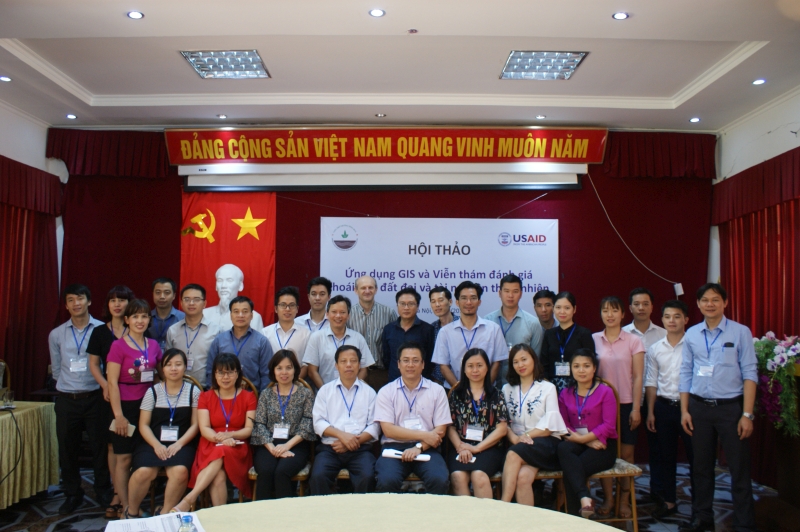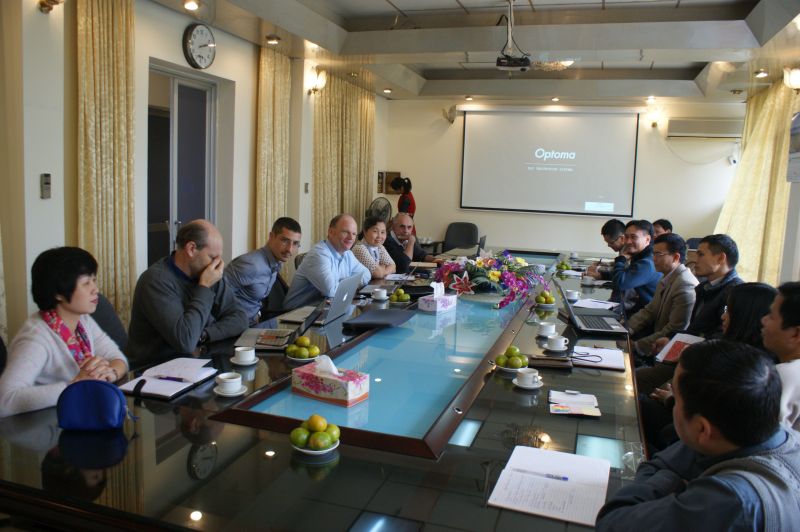.jpg)
Asian farmers have successively supplied various organic materials (biomass) to their arable lands for sustainable crop production. Thanks to their long‐time effort, Asian arable soils are known for the richness of soil organic matter, hence its high fertility. Soil organic matter plays a key role in the improvement and enhancement of soil’s physical, chemical, and biological properties. Over the last decades, however, it is not a common practice for Asian farmers to apply organic materials to arable soils. This surely gives rise to the aggravation of soil’s physical and chemical properties making it infertile.
Recently, the application of “Biochar” to soils seems to be a global trend as this enhances crop productivity, improves soil’s physical and chemical properties and minimizes greenhouse gas emission from croplands. “Biochar,” as a material, is defined as “charcoal for application to soils”. The word, “Biochar” is rather new even to soil scientists. However, its concept is far from new. “Biological charcoal” was actually used by a Japanese scientist to increase mycorrhizae population in soils about 50 years ago. In Taiwan, rice husk pyrolysis in low oxygen was commonly used as seedling bed for vegetables, and the charcoaled husk had to be washed repeatedly with diluted acid solution before use because of its high alkalinity.
The International Biochar Initiative (IBI) has launched its website to provide a variety of information on Biochar
:http://www.biochar-international.org/conferences , and approved its first international Standards and Testing Guidelines. To date, four international conferences have been organized and many related websites were registered in different countries. However, the major research activities on Biochar are skewed to the function of the subject as an externally added artificial material in soils. In Asia, as previously described, farmers have a long tradition of application of various biomass to soils, such as rice straw, crop residues, weed, livestock excretion, fishery residues, compost, forest‐generating biomass and so forth. Thus, Asian farmers have established world‐famous sustainable system of rice and other crops for production. The biomass thus applied to soils is, in part, decomposed easily and reutilized by crops and soil microorganism, but the remaining part resists abiotic‐ and biotic decomposition, and some of them form a more persistent part of soil organic matter.
Accordingly, Biochar’s positive and/or negative effects on the improvement of soil’s physical and chemical properties, and crop production, should be evaluated under the condition of complete elimination of the effect of soil organic matter. Although many reports on the positive effect of Biochar application to soils have been published in the past decade, almost all the trials were conducted on small‐scale basis under the small range of climatic, crop and soil types. So, Europe Biochar Group warns project participants about handling the results because “Extrapolation of reported results must be done with caution”. Up to date, numbers of field trials on Biochar application are increasing rapidly all over the world and various benefits of Biochar application to soils have been reported to improve farm productivity and ecological functions. However, one should be very careful in appraising the positive effects of Biochar application to soils.
Because Biochar potentially affects many different soil functions and ecosystems, and interacts with most of the “threat to soil,” this brings about irreversible changes in soil structure, and drastically decreases soil organic matter, perhaps due to Biochar’s high alkalinity. There is a need to study carefully changes in soil’s physical and chemical and biological properties, soil C and N dynamics, the surrounding environment‐ and ecosystem resiliency, and crop growth as well as changes in Biochar’s stability to a wide range of soil types, climates, crop species, cultural practices and so forth over a long period of time.
Recently, a variety of self‐sufficient systems for local heat and energy are proposed to improve forest health and generate heat and energy by wisely using the abundance of biomass produced from a backlog of thinning and lumbering waste in the rural communities of mountainous regions. Community leaders look for ways to create jobs for improvement of the local economy. Farmers and foresters wanted to improve soil quality and productivities, and conservationists wanted all of the above but want to ensure that any proposed actions are sustainable and environmentally maintained with good quality. It’s a good example of multi‐functionality of biomass, in which the biomass is used for heat and energy sources and job creation tools, and also for soil amendment (after converted to Biochar), forest resiliency, and environment conservation.
It is timely and useful to organize an international workshop to collect relevant information and promising technologies on “Innovation in Biomass Resources Use” with a subtitle of “Biomass to Biochar” in the Asia and Pacific region. Soil organic matter (SOC, soil biomass) is to play a key role in the sustainability of soil fertility, because it contributes to sustainable crop production. Whether Biochar can replace SOM in the latter’s multi‐functionality is a matter of great question. So, whether Biochar can be accepted and supported by various stakeholders such as farmers, consumers and policy makers, is primarily dependent on its usefulness and safety as soil amendment as well as its associated functional products. Therefore, it is very meaningful to collect and elucidate the positive and negative effects of Biochar (using standardized Biochar materials) on the soil’s physical‐ , chemical‐ and biological properties, and the surrounding environments and ecosystems, for comparison with the results of Biomass application, in a wide range of soil types, climates, crops, cultural practices and so forth.
Objectives 1.To collect relevant information and technologies on the application of Biochar to soils in relation to soil fertility, soil quality and soil safety and its comparison to the results of Biomass applied to the soil. To discuss some key and critical issues of Biochar applied to soils as soil amendment, e.g., safety, stability, negative effects on soil properties and the environment;
2.To prioritize the future researches on Biochar in Asia.
Expected Outputs 1.To share and exchange relevant information and promising technologies on the results of Biochar applied to different soil types, and crops in Asian and Pacific regions;
2.To elucidate the positive and negative effects of Biochar application on soil fertility and crop yield, and the environments in comparison with those of soil biomass application; and
3. To understand the critical issues of Biochar used as soils amendment in agriculture.
Language: English
participants: 14 invited speakers from 8 countries, one international agency and 30 local observers selected from Vietnam. International Biochar Initiative 1 (keynote speaker), Korea 2, Japan 2, Taiwan 2, Indonesia 1, Thailand 1, Malaysia 1, Philippines 1, Vietnam 4 (14 invited speakers from 8 countries and one from an international agency).
Venue This workshop was held at
Army Hotel from 2-6/9/2013
33 Pham Ngu Lao street, Hoan Kiem, Hanoi, Vietnam









.jpg)